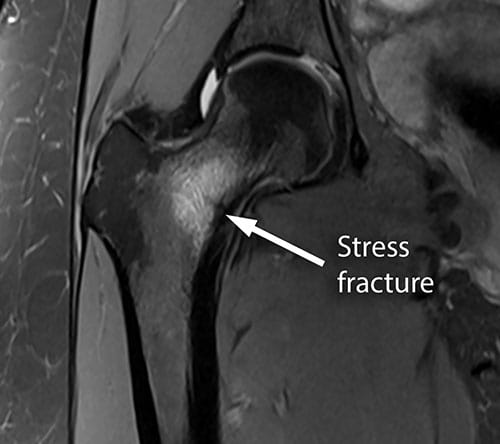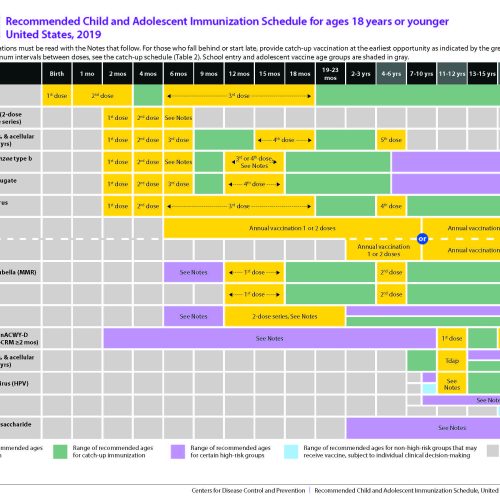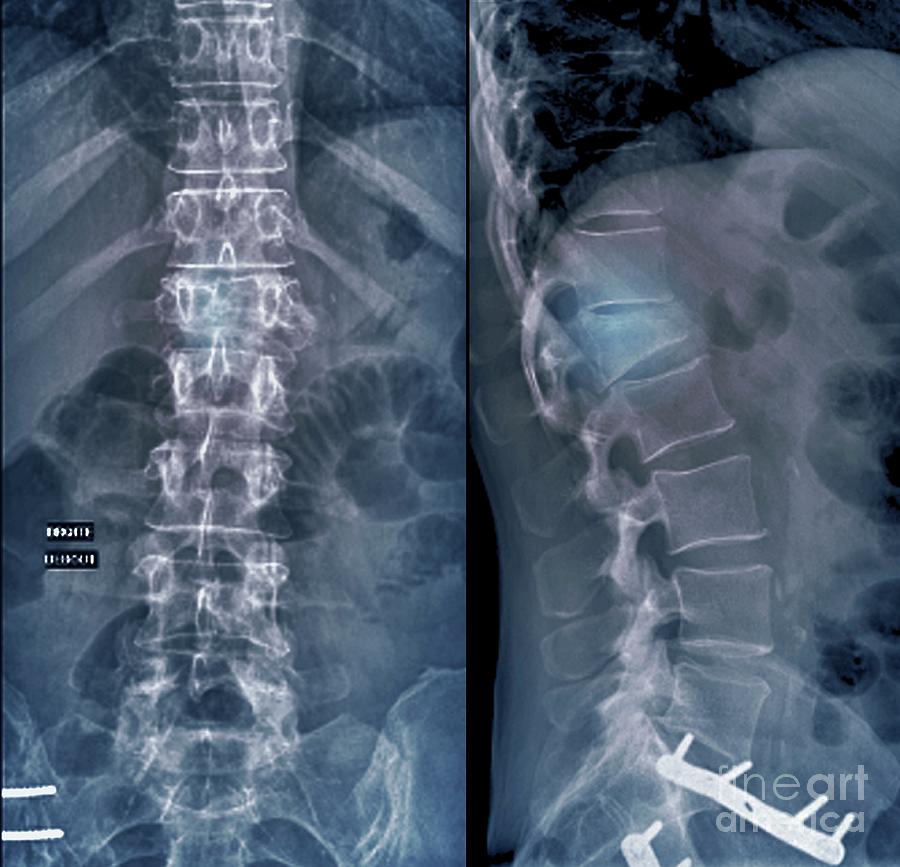A hip fracture is a common injury, especially among older adults, and it refers to a break or crack in the hip bone. In some cases, individuals may have a hip fracture without even realizing it. This potentially dangerous situation is known as occult hip fracture.
Occult hip fractures occur when the break in the hip bone is either too small or not causing significant pain. They often go undiagnosed as the symptoms may be mistaken for other conditions or dismissed as general discomfort associated with aging.
There are several factors that contribute to the possibility of not realizing a hip fracture. Firstly, elderly individuals may already experience joint pain or stiffness, making it difficult to identify an additional injury. Moreover, decreased mobility and balance issues among older adults can result in falls, increasing the risk of hip fractures. These falls could potentially cause small fractures that are not immediately noticeable.
A lack of awareness regarding the symptoms and consequences of hip fractures also plays a role in their being undetected. Some individuals may attribute the pain to muscle strains or arthritis, not realizing the severity of the injury. Additionally, those with cognitive impairments or communication difficulties may struggle to articulate their discomfort, adding to the challenges of diagnosis.
Undiagnosed hip fractures pose significant health risks. They can lead to complications such as blood clots, infections, and prolonged immobility. It is crucial to diagnose and treat hip fractures promptly to prevent further damage and ensure proper healing.
To address this issue, healthcare professionals should be alert to the possibility of occult hip fractures, especially when dealing with seniors. Regular screenings and thorough evaluations are necessary to identify such fractures, even in the absence of overt symptoms.
In conclusion, it is possible to have a hip fracture without being aware of it. Occult hip fractures can occur, particularly among older adults, due to various factors including existing joint pain, limited mobility, and a lack of awareness. Timely diagnosis and treatment are essential to avoid complications and facilitate proper healing.
Can a hip fracture heal on its own?
Left to itself, a fractured hip, like most broken bones, will mend itself. The healing process, however, requires immobilizing the joint through complete bed rest, which often takes three to four months. There is potential for other medical problems to develop, especially in the elderly.
How long does it take for a hairline hip fracture to heal?
Hairline fractures normally heal fully within six to eight weeks.
What happens if hip fracture is not treated?
A hip fracture can reduce independence and sometimes shorten life. About half the people who have a hip fracture aren’t able to regain the ability to live independently. When hip fractures prevent movement for a long time, complications can include: Blood clots in the legs or lungs.
Can you walk with a hairline hip fracture?
You may not be able to bear weight on your leg, preventing you from standing up or walking. Your hip joint may feel stiff and swell up, and you may not be able to move your leg. What are the symptoms of a hairline fracture in the hip? A hairline fracture causes pain in the groin and/or hip.
Can you push a dislocated knee back into place?
If the patella has been shifted completely outside of its groove, the first step will be returning it to its normal position. This process is called reduction and can sometimes happen spontaneously. If not, a doctor can push the patella back in place.
Do you need surgery to fix a dislocated knee?
If your kneecap does not go back into place by itself, a doctor may have to move it back. You will be given a local anaesthetic and may be offered a sedative so you do not feel any pain. Surgery may be needed if you have badly damaged your knee. Some people may also need surgery to stop the knee from dislocating again.
Will a dislocated knee heal on its own?
A dislocated kneecap isn’t usually serious and will often pop back into place by itself. But it’s still a good idea to get it checked by a health professional: if your kneecap has gone back into place by itself – go to your nearest minor injuries unit (MIU) or emergency department.

How long does it take to recover from a dislocated knee surgery?
Crutches and a brace (or splint) are needed for about one month after surgery. Range of motion is restricted for 4-6 weeks to protect the repair. Physical therapy is necessary for 3-6 months to regain full motion and strength. Full recovery with return to sports at about 6 months after surgery.
Can you fix a dislocated knee without surgery?
This may include treatments such as holding the knee in place (by wearing a kind of brace or bandage), exercises, manual therapy (such as physiotherapy) and taping the area around the knee. However, some doctors suggest that people may have a better outcome if surgery is performed.



